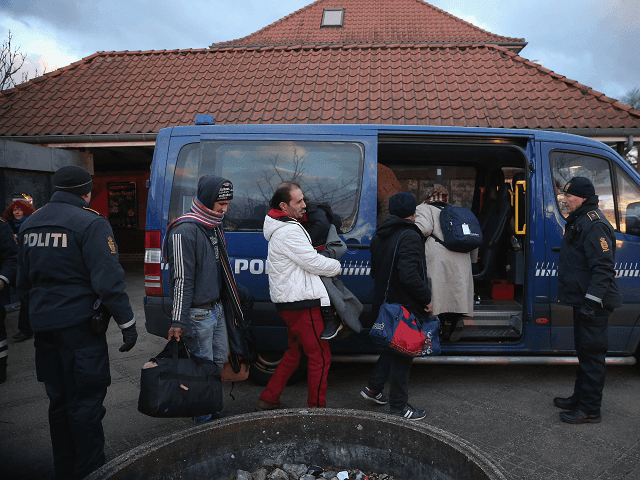Denmark will no longer automatically grant all Syrian asylum seekers temporary asylum, and is considering whether returns are now possible.
“It is our assessment that the conditions in Syria have changed, and this means that we will select a number of trial cases in order to get a concrete assessment of whether there is still a basis for granting a residence permit to Syrians,” Anders Dorph, deputy director of the Danish Immigration Service, said Thursday.
Specifically, the status of the Damascus province has been regraded by the Danes, according to Politiken, with Mr Dorph confirming, “Being in the area is not asylum-justified in itself.”
The announcement follows a similar decision by the Refugee Board on Wednesday, which ruled, “The information on the current situation in Syria shows that the number of combat areas and civilian casualties is limited geographically, and that the number has been significantly reduced compared to previous ones.”
Since the migrant crisis of 2015, Denmark has issued 4,700 temporary asylum residency permits, which must be renewed by the migrants annually.
The regrading of the Damascus province will certainly affect future refugee applications, but it is also believed that a number of those individuals currently in Denmark under the temporary asylum scheme could be sent back.
“It will be possible that they may have refused to extend their residence permit as a result of this,” Mr Dorph said.
Denmark, which takes a tougher position on immigration and asylum that its German and other Nordic neighbours, said earlier this week that it would not rule out deporting illegal Somali migrants by force.
“It is not my assessment that there are current challenges in Somalia that mean that we cannot see more compulsory deportations,” Danish Prime Minister Lars Løkke Rasmussen said.
The remarks came after migration minister Inger Støjberg told Somalis to go back to their own country and rebuild it after the government ruled that parts of Somalia were safe to return to.
While Denmark is considering deportations for those migrants with straightforward returns processes, its government has come up with a novel solution of what to with foreign criminals and ‘undeportable’ migrants — such as those without papers or whose countries will not accept them — by putting them on a remote island a mile and a half from the Danish mainland.

COMMENTS
Please let us know if you're having issues with commenting.